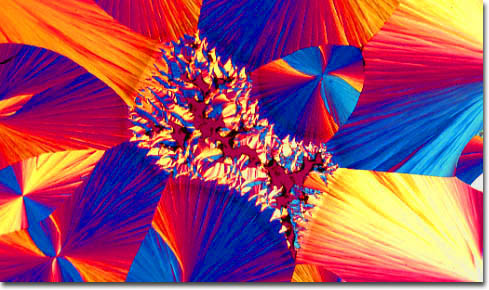|
Found widely in animal tissues, prostaglandins are formed from polyunsaturated fatty acids and vary significantly in their effects. Some prostaglandins, such as prostaglandin B2, are, however, produced in the laboratory. Prostaglandin B2 is a non-enzymatic dehydration product that occurs following the treatment of prostaglandin E2 or A2 with a strong base. The substance has been shown to exhibit weak agonist activity on thromboxane-prostanoid (TP) receptors and to cause vasodilatation at low doses. At relatively high doses, studies indicate that prostaglandin B2 can increase the pulmonary blood pressure of some lab animals as well as the tone of vascular smooth muscle through the inhibition of processes involved in appropriation of calcium ions. In others words, the biochemical affects vascular smooth muscle tone by involvement in the relaxation, rather than the contractile, process.
|
